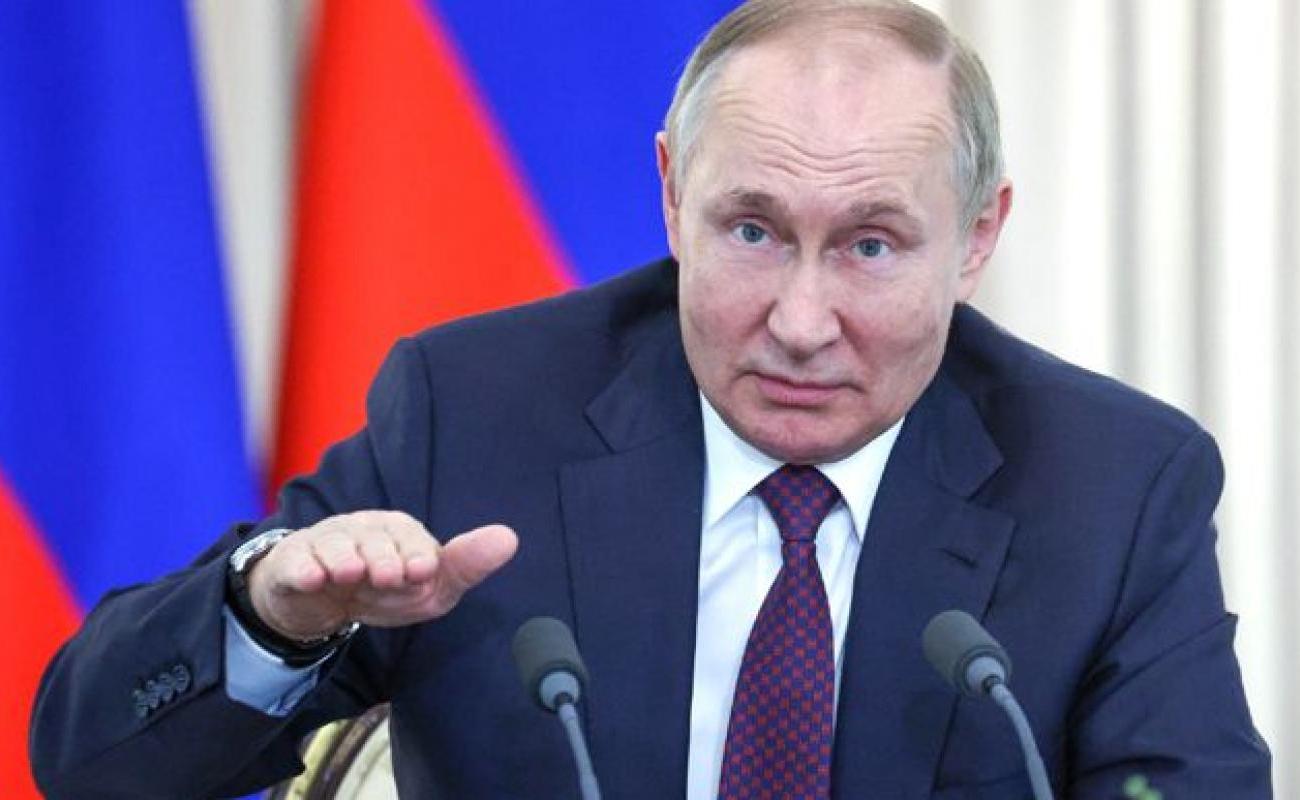Savage Russia must return the Ukrainian children it has abducted

A lasting peace to the war can only come about if a humanitarian dimension is built into the process
In recent months, the world has closely followed discussions about ending the war – the war Russia began against Ukraine eleven years ago with the occupation of Crimea. For the past three years, Ukraine has endured a full-scale invasion: daily missile strikes, the destruction of civilian infrastructure, and the killing of innocent people.
But behind the frontlines and explosions, another crime is unfolding that is less visible but no less devastating: the abduction of Ukrainian children. This crime threatens the future even more deeply than ruined cities.
That is why a ceasefire alone cannot bring the war to an end. If the humanitarian dimension – the return of our citizens, including children – is not firmly built into the peace process, the peace can be neither lasting nor just.
Ukraine is doing its part. In early March, a Ukrainian delegation held talks with US officials in Jeddah, Saudi Arabia. The meeting included secretary of state Marco Rubio and national security advisor Mike Waltz. Last week, president Volodymyr Zelensky spoke with president Donald Trump to reaffirm Ukraine’s readiness to continue dialogue.
Peace does not mean concessions. It cannot reward aggression. It must restore justice. And when we speak of occupied territories, we must also speak of the children who were taken.
According to human rights organisations, 1.6 million Ukrainian children are currently under Russian control in temporarily occupied territories. They are denied access to Ukrainian education, subjected to forced Russian citizenship and Russification, propaganda, and militarised training.
Margarita Prokopenko was a girl from the Kherson Regional Children’s Home, abducted by Russian occupiers after they took over the city. In August 2022, she was taken to Moscow under the pretense of a “medical examination”, and by December 2022 she was adopted by Sergey Mironov, a key Putin ally and leader of the “Spravedlivaya Rossiya” party. Her name and patronymic were changed to Marina Sergeyevna Mironova, and her birthplace was falsely recorded as Podolsk, Russia.
This case is part of a broader pattern where Russian authorities erase the identity of Ukrainian children, making their retrieval and repatriation more difficult.
Knowledge of the Russian language among Ukrainian children is perceived as a vulnerability for faster indoctrination. Throughout Ukraine’s independence until 2014, the Russian language coexisted with Ukrainian, Crimean Tatar, Hungarian, and other languages spoken by Ukrainian citizens.
But Russia turned the Russian language into a tool of aggression; a pretext for the occupation of Crimea and the full-scale invasion. And it is precisely the predominantly Russian-speaking regions – Donetsk, Luhansk, Mariupol, Kharkiv – that have been most destroyed, and children from these exact regions have been most subjected to abduction.
The Russian language is used by the Russian Federation to justify violence. The war has shown that one can speak the same language as Russia, but Russians will not understand a single word of this shared language if it is about sovereignty, security and human rights.
In Russia, Ukrainian children in kindergartens are involved in programs like “Eaglets of Russia” and forced to draw pictures for soldiers. Schoolchildren are also forced to join the paramilitary Yunarmiya. Many are placed in cadet academies that prepare them not for peace but future wars, possibly even against Europe.
This cannot be up for negotiation: if we allow Putin to turn children into bargaining chips, he will keep taking more. We cannot legitimise this crime. Children must not be trophies of war.
The return of Ukrainian children must be a central part of any peace process. Not an optional gesture. Not a diplomatic favour. It must be a fundamental condition.
This isn’t new. Russia’s campaign to erase Ukrainian identity began centuries ago with a series of prohibitions and other measures targeting our language and culture. Forced Russification is one of the reasons why in some regions of Ukraine Russian-speakers prevail.
In 2015, after occupying Crimea, the Russians started forcibly adopting Ukrainian children. A month into the the full-scale invasion in 2022, they had removed 2,300 children from occupied areas of Donetsk and Luhansk. That same year, Russian officials reported placing 744,000 Ukrainian children in Russian custody. This was never about evacuation. It was a calculated crime against Ukraine’s future.
These children are stripped of their names, identities, and memories. Their language and culture are taken from them. They are told their country abandoned them; that their only future is in service to Russia. They are being used to justify war.
But we will not let it happen.
Ukraine continues its work to identify and bring our children home. Through the Bring Kids Back UA initiative, launched by president Zelensky, over 1,200 children have been returned. But many more remain in captivity. We won’t stop. We’ll keep using every tool we have: rescue missions, diplomacy, and the law.
This week, a Ukrainian delegation is in London. We are here to speak about justice, and to call for solidarity – not just military, but humanitarian.
The United Kingdom has led before in standing up to tyranny. Today, it can lead again – by helping to create and advocate for mechanisms for the return of abducted Ukrainian children. A system that will set the standard for child protection in war.
